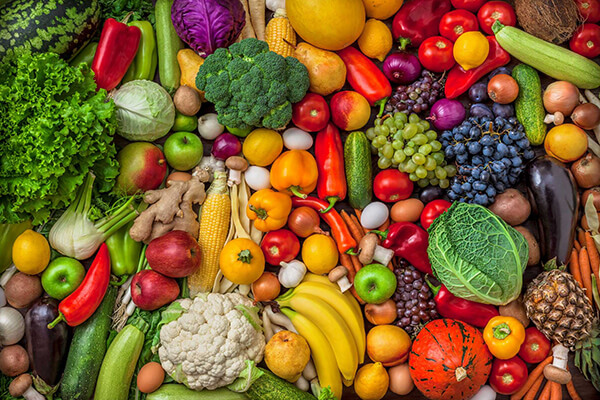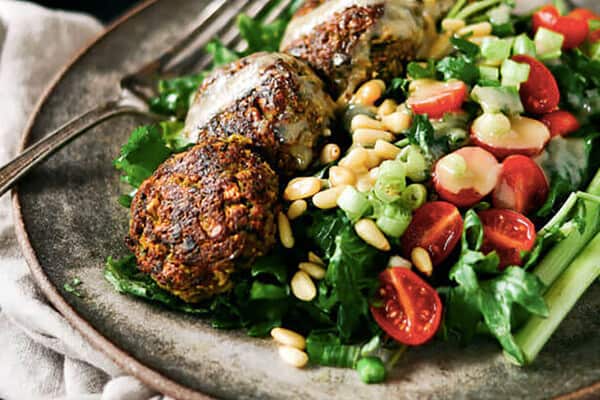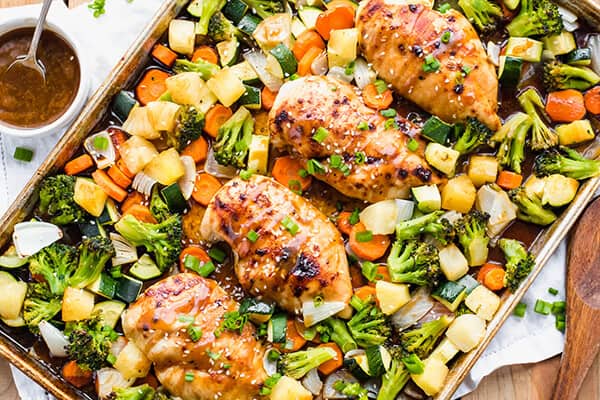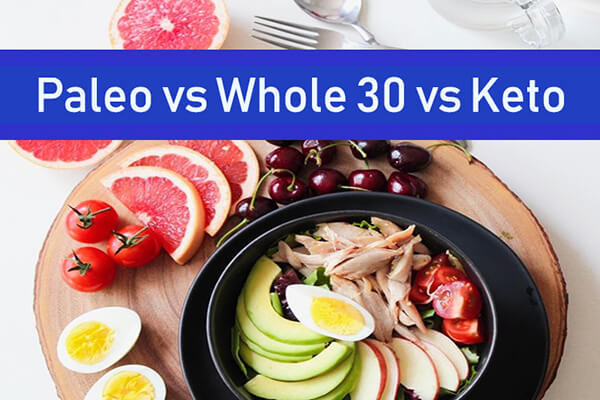Nursing and Whole30

Nursing and Whole30 program is literally for everyone. It is great for the young, old, male, female, pregnant, and even nursing mothers. However, many nursing mothers are skeptical of doing Whole30 while breastfeeding, as they are concerned if it would affect their babies or milk production.
Do you want to benefit from the Whole30 program, but are scared of losing your milk supply? You are not alone. Many nursing mothers out there want to enjoy the health and physical benefits of Whole30 while breastfeeding, but they do not know how it would affect their child. There have also been different testimonies from mums who have completed the program. Some said they noticed a slight decrease after starting the program, some said their supply increased considerably, while others said they did not notice any changes.
However, there is nothing to fear when it comes to Whole30 and breastfeeding. Embarking on this journey while breastfeeding is safe for you and your baby. The transition process will not be easy, but it is worth it.
However, before you start, make sure you get approval from your doctor. You might need a certified Whole30 coach to guide you through the process, ensuring you and your baby get the perfect amount of nutrients you need to thrive. Now that you know that it is safe for you to do Whole30 while breastfeeding, here are some vital tips to help you during the program:
Tips for Doing Whole30 While Breastfeeding

1- Eat Plenty of Food
If you are embarking on this great journey while breastfeeding, you need to eat a lot of food. Nursing mothers tend to be hungry a lot. You can just finish a big bowl of food and still be hungry for something else in the next hour. If you are doing Whole30 while breastfeeding, you have to avoid the danger of under-eating.
Many nursing people are also skeptical of eating a lot because they do not want to add weight. However, you should always remember that the core goal of the Whole30 program is not weight loss. Some nursing mothers consume as much as four full-sized Wholes30 compliant meals every day.
You can also have three full Whole30 meals and a mini-meal that includes small fat, veggies, and protein. If you are concerned about a decrease in your milk supply, you should try the following:
- Carrots
- Green beans
- Asparagus
- Ginger
- Onion
- Garlic
- Leafy green veggies
- Cashews
- Raw almonds
- Macadamia nuts
- Avocados
- Sesame seeds
- Parsley
- Beets
- Peas
- Dandelion greens
- Sweet potatoes
- Watercress
These foods will help to increase your milk supply. The Whole30 program is not about losing weight but about self-knowledge. It helps you to understand how your body reacts to what you eat. You also need to pay close attention to the impact of what you eat on your baby. If you have a sensitive baby, you might want to limit your consumption of certain vegetables like cruciferous.
2- Drink a Lot of Water
The Whole30 program is very challenging, and even more challenging when combined with breastfeeding. However, when you know the right things to do, you can complete the program like a breeze. One of the best ways to remain in shape while doing Whole30 and breastfeeding is to drink a lot of water.
During the program, you should deliberately work on your water drinking habits. To calculate the minimum quantity of water to drink a day, divide your body weight by two, and drink that number of ounces of water every day.
For instance, if you weigh 120 pounds, the minimum amount of water you should consume a day would be 60 ounces. There is an emphasis on minimum, as you can do much more than that daily. You need to stay hydrated all day long. To make sure your body hydrates properly, you can add sea salt or Himalayan pink salt to your water.
If you get bored of drinking only water, you can decide to spice it up a bit. You can give yourself a special treat by drinking coconut water or mixing it with fresh lime juice and lime sparkling water. Also, before you take any other liquid like Kombucha or sparkling water, you should drink a glass of water first.
3- Eat Loads of Starchy Veggies

Your Whole30 and breastfeeding meal plans should consist of a large portion of starchy veggies. Every meal should contain loads of starch veggies, especially during the first week of the program. Starchy veggies come in handy in increasing milk supply, helping to resolve the concern of many nursing mothers.
You can eat sweet potatoes with clarified butter (also known as ghee), cinnamon, and some coconut milk regularly. Beets, parsnips, and roasted carrots with spices are also great. You can explore other options provided they are Whole30 approved.
4- Do Not Run Away from Healthy Fats
Fat is not your enemy during the Whole30 program. During Whole30 breastfeeding, you should consume more healthy fats, as your body needs them. Increasing your intake of healthy fats will help to increase your milk supply and make it rich.
Coconut milk is a great, healthy fat source, and you can sip on it all through the day. You can also make a smoothie with it and add fat-rich nuts and avocados. If you are having potatoes for breakfast, you can add store-bought or homemade mayo to it. In all, your diet should contain healthy fats and nutrients that you and your baby would benefit from.
5- Get Help
Nursing Whole30 is pretty challenging, and it might be difficult for you to start and finish it alone. You need all the help and support you can get to complete this race. You have your baby to worry about and your diet/meals to cater to, which can be highly demanding.
You would need a professional, certified Whole30 coach to guide you through the process. Your coach will provide you with all the support, encouragement, and knowledge you need during this program. You might also want to join other community members for support.






